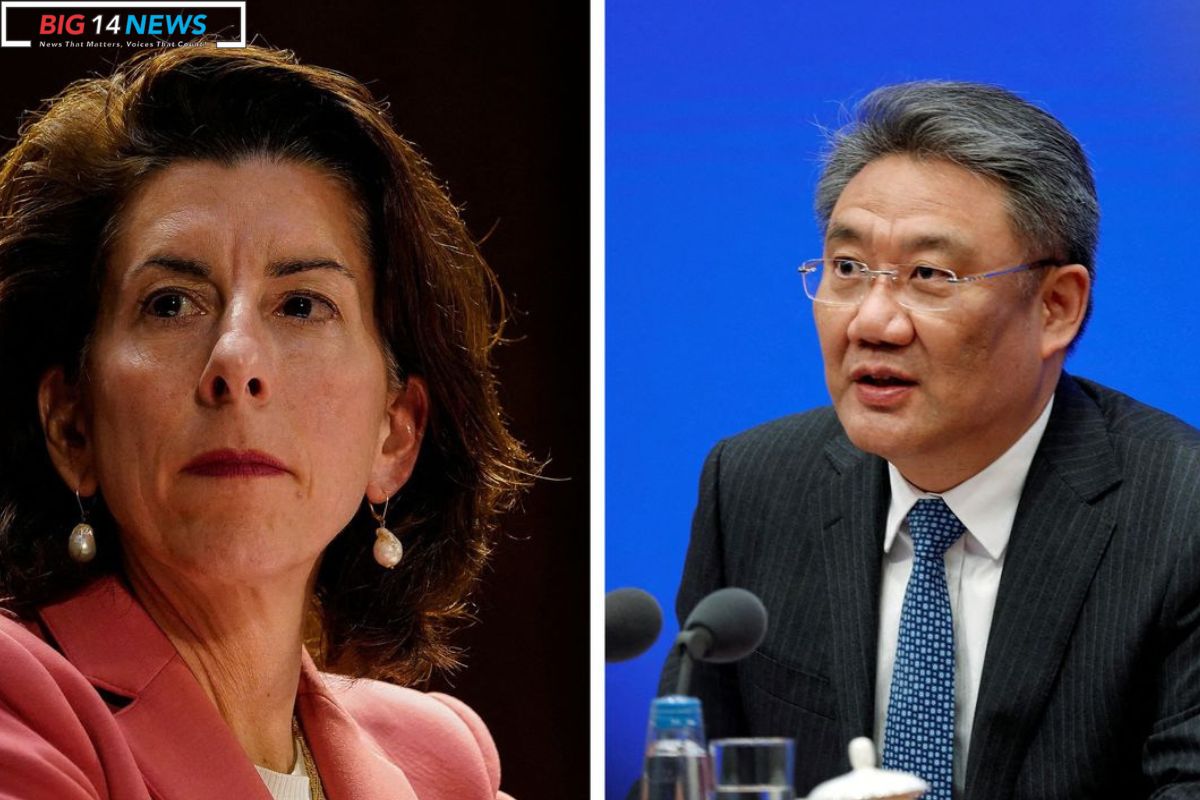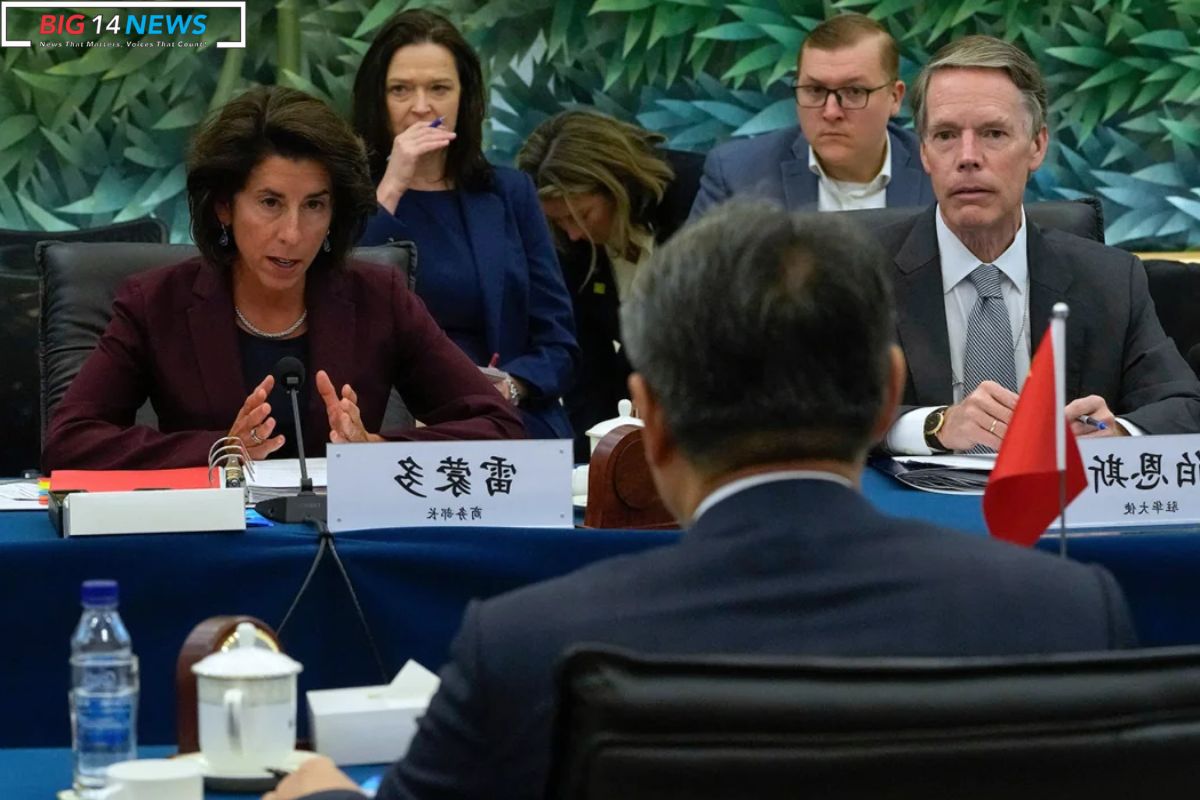Raimondo and Wang Push for Enhanced Bilateral Trade: US Commerce Secretary Gina Raimondo and Chinese Commerce Minister Wang Wentao emphasized the importance of strong economic ties between their countries. Both officials aim to enhance trade and business between the two countries predictably. They noted that bilateral trade exceeds $700 billion.
Despite worsening relations, Washington attempted to ease tensions with Beijing by lifting export controls for 27 Chinese companies. This was done before Raimondo’s China visit to reduce trade disputes. China’s Ministry of Commerce approved the Commerce Department’s decision, stating it benefits bilateral trade. Raimondo’s trip follows trips to China by Blinken, Yellen, and Kerry, all from the Biden government.
Despite the positive tone, the economic giants have encountered numerous issues. The US made it more difficult for businesses to purchase US chips without a license. Japan and the Netherlands have also done the same thing. China opposes these restrictions, viewing them as politicizing business matters.
The US is concerned about China’s supply chain and plans to restrict investment in key Chinese tech areas like AI and semiconductors, as well as trade disputes. China has been closely monitoring international businesses. The recent tightening of its anti-espionage rule may increase risks for global companies.


ALSO READ: Hunter Biden Legal Issues: Cast Shadow on 2024 Election Prospects
According to experts, China’s economy is slowing down, with growth rates potentially falling below the 5.5% goal for the year. China needs to encourage foreign capital more now. Chinese Premier Li Qiang pledged to increase foreign companies’ access to the Chinese market. He urged both countries to make concessions for better ties.
During her visit, Raimondo emphasized the economic link between the US and China as crucial for global stability. Despite their complicated relationship, she believed they could progress through clear and useful communication. Raimondo emphasized no negotiation on national security, distinct from trade issues.
Chinese government actions against foreign businesses, such as fines and raids, have eroded foreign companies’ confidence. China’s stricter anti-espionage law increases risk for foreign companies. Companies like Dentons, the largest law firm globally, have split their Chinese operations or reduced their presence in China.
Despite differences and issues, the US and China value their business relationship. Despite ongoing tensions, diplomatic efforts and dialogues, such as those between Raimondo and Wang, offer hope for peace and understanding.
Our Reader’s Queries
How did China rise as an economic power?
China has solidified its economic dominance as a major player in high-tech sectors, minimizing its need for foreign technology by creating its own innovations. This has positioned China as a strong contender with added value on the global stage.
Is China the largest producer of goods and services?
China stands as the globe’s primary producer of goods and boasts the largest manufacturing economy worldwide. Additionally, it holds the title of being the top exporter of goods.

